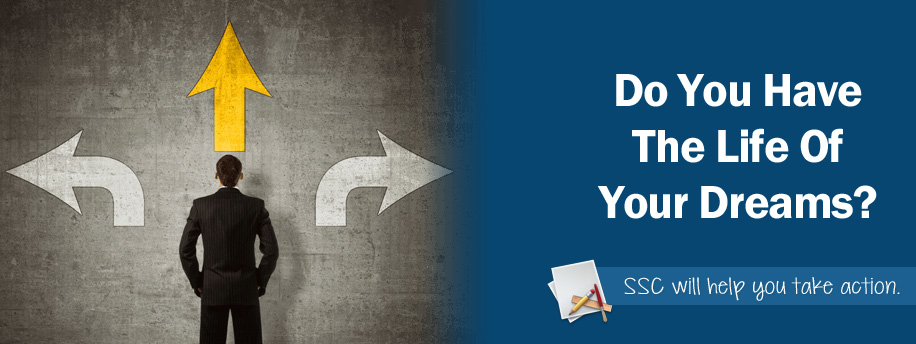What role does Judgment play in your conversation? Judgment is the universal bias of being right. You can recognize this when you are having a conversation with someone on one level but your mind is on operating on a different level judging with dialog about the person you are talking with (the classic I’m OK, you’re not OK). Culture and family history bear heavily on the development of your personal judgment. Intuitively we react positively in environments that mirror our childhood and family experiences. The “right” social environment is the type we grew up in. Judgments are further shaped by the facts at hand and by personal opinions. A final factor in the bias of being right is the feelings or emotions that the situation or conversation stirs up.
Two things are universal about Judgments. No one likes to be judged. Yet people judge and assess themselves and others constantly. The role of judgment in conversations is often to limit and narrow the scope of the conversation. The predisposition to being right kills possibility. There is a rush to give advice or share similar experiences. The conversation is now closed off or redirected.
As an alternative, consider how the dynamics of the conversation would change and play out if the urge to be right is suppressed. Shift your mind’s focus from yourself to the other person by employing some principles of Emotional Intelligence, such as:
- Be Curious. Allow for the expansion of your point of view by asking questions for facts and assessments based upon the personal experiences of others.
- Be Compassionate. Connect with the personal experiences, feelings and emotions of others. Envision yourself in the other person’s situation or emotional experience.
- Be Supportive. What does the other person need? What can you supply for them?
- Think Win/Win. What would it take for everyone to be heard and have his/her needs fulfilled?
Shifting away from judgment takes commitment and practice because judgment has become an automatic setting. The benefit of making this shift will be enhanced self-awareness and self-management as well as vastly improved social relationships.








No comments yet.